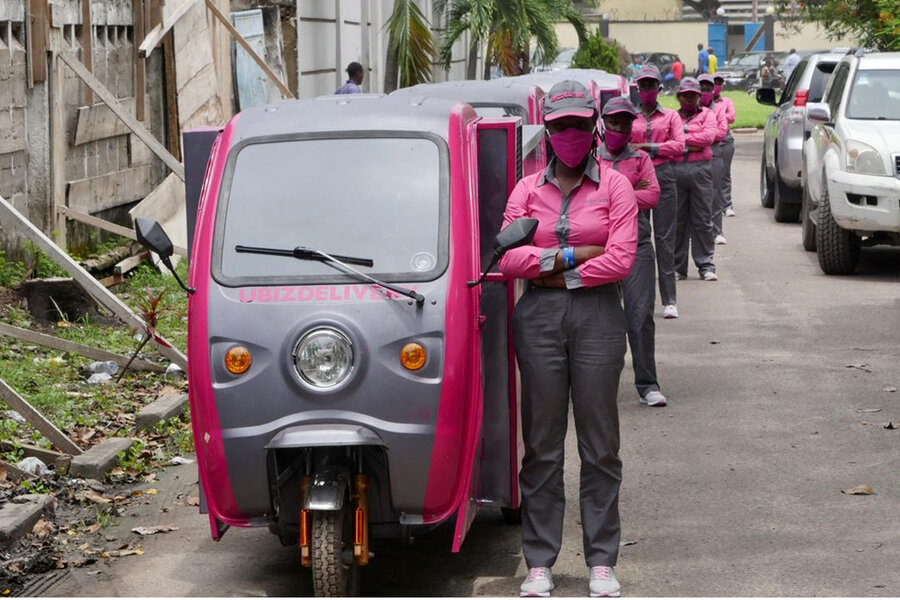The world is going digital. Every day new innovations allow more and more people to join a ‘digital first’ world. During the Covid-19 pandemic, digital transformation accelerated at a blinding speed, further pushing the formal economy to go digital. And as the formal economy goes, so does the gig economy. In a post-pandemic world, the digital gig economy is becoming a key tool for opening up opportunities for workers around the globe, but the relationship that women have to the digital gig economy is complicated. On the face, it provides a more flexible environment for women who are juggling unpaid care work with gig work, but the reality is that women face the same inequalities in the digital gig economy as they do in all aspects of formal work. Our women’s rights consultancy decided to look deeper into this issue.
Women do not participate in paid work at the same rate as men. Gender stereotypes, patriarchal gender role expectations, and safety prevent women from accessing and maintaining paid jobs. Instead, women take on the bulk of unpaid care work that is not recognized by formal measurements of the economy. A proposed solution to the workforce gender gap, which our gender equality consultancy believes in, was to make work for women more flexible. Enter the gig economy, and with the rapid acceleration due to Covid-19, the digital gig economy. But what started as a solution has quickly become yet another space where women face discrimination, barriers to inclusion, and inequality.
The biggest issue with the digital gig economy is digital itself. The digital gender divide shares many of the root causes for women’s inequality generally including hurdles to access, affordability, lack of education, lack of technological literacy, as well as inherent biases and norms that lead to gender-based-digital exclusion. If women are able to overcome these barriers and actually participate in the digital gig economy, they are often less satisfied, paid less, and experience dangerous work environments at greater rates than men. The digital gig economy is not unique in its gender equality issues, reinforcing the need for basic human rights protection for women on a much larger scale. Our feminist consultant firm has worked on several projects regarding these issues.
The good thing about the digital gig economy is that there is so much opportunity to improve. The digital gig economy, especially in developing countries, is still a nascent space. There are few laws and regulations that govern digital platforms in most countries, which means there is an opportunity for a brighter future. Governments need to create legal standards and policies that respond to the complex nature of women’s work in the digital gig economy and help foster environments that encourage women’s participation instead of building barriers to it. Protecting women’s rights in governing laws and policies will ensure that, as it develops, women are granted the access and protection they need to build stronger participation and more satisfying experiences in the digital gig economy.
Bottom line? The digital gig economy doesn’t create new challenges for women entering the workforce or the formal economy. Instead, it reconfigures the existing structural barriers to women’s economic empowerment. The research on how women balance unpaid and gig work is lacking, particularly in developing countries where the digital gig economy is still emerging as a legitimate platform for work, but the message stands. As the world shifts to a ‘digital first’ space, addressing the inequalities that prevent women from successfully participating in the workforce will need to be addressed in order to move the needle of women’s equality in all aspects, not just for the gig economy.




